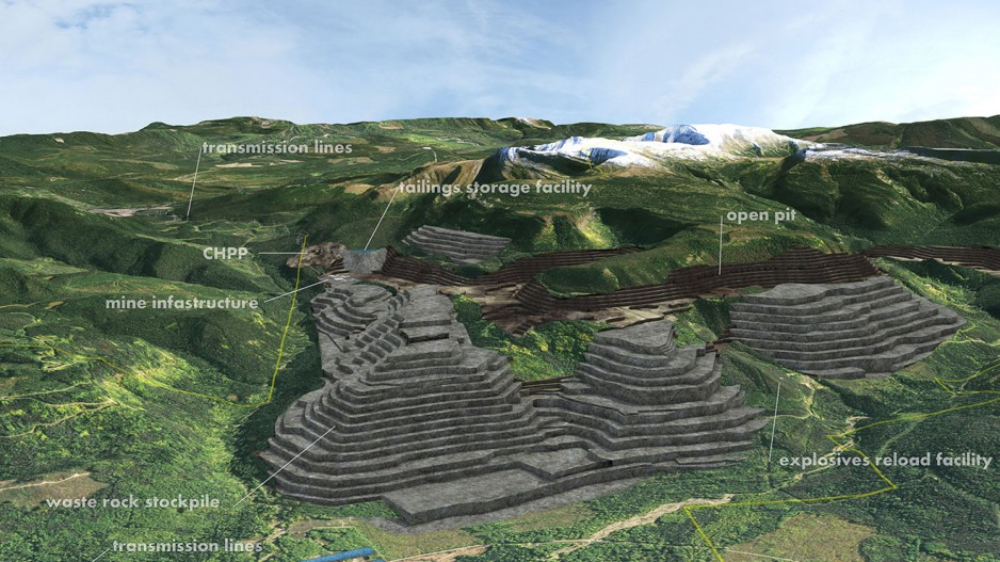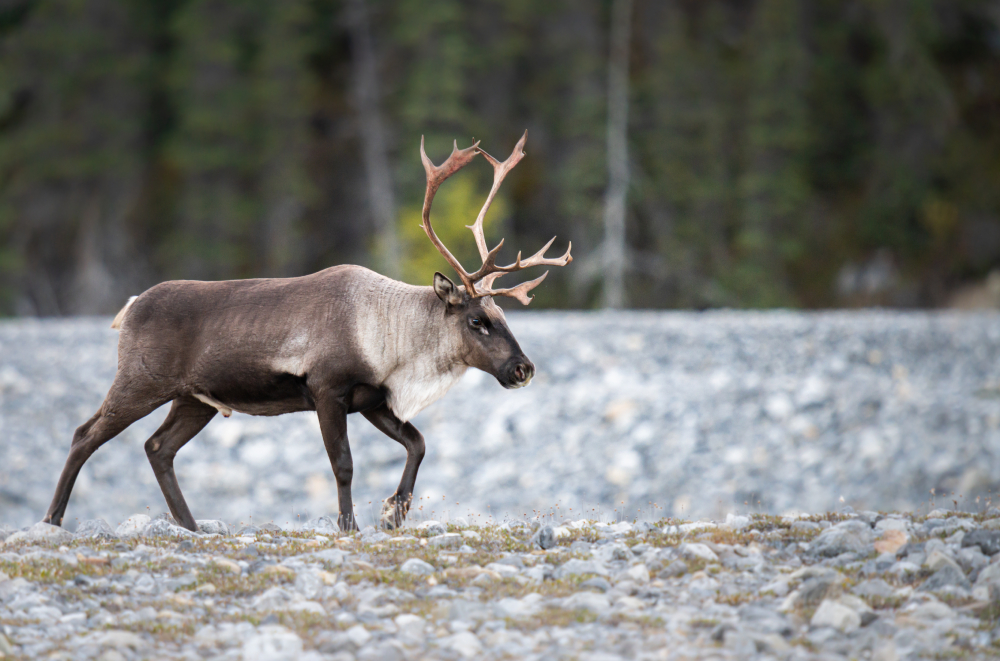The road to the Sukunka mine is paved with false promises.
The B.C. government is currently deciding whether to approve development of the open-pit coal mine within critical caribou habitat in northeast B.C.
Other governments — the Saulteau First Nations and West Moberly First Nations — say the mine, about 55 kilometres south of Chetwynd, will spell the end for the fragile and beleaguered Quintette caribou herd. The B.C. government’s own Caribou Recovery Program maintains the mine would “significantly hinder” the herd’s recovery.
But Glencore, the London-based multinational mining giant behind the project, promises it will mitigate and offset the mine’s impacts on caribou and bring economic benefits. The corporation says it will invest $450 million and provide jobs over the mine’s projected 20-year life producing coal for steel plants.
Should we believe it? Research suggests we should not.
We only need to look at the track record of other coal mines in the region. In the 1980s, the B.C. and federal governments poured billions into the Northeast Coal project to encourage mining. They believed that a coal boom at the Quintette and Bullmoose mines would repay their investments, which included building the town of Tumbler Ridge, a port, rail line, highway and power system.
But the project instead incurred a net loss of $2.8 billion (of which the B.C. government had to pay $400 million). Only 55 per cent of the projected employment materialized, and quickly evaporated when the mines shut when coal prices fell.
Still, more mines followed in the region. Our research on three of them — Wolverine, Brule and Willow Creek — shows a similar story.
The three mines promised $250 million in taxes and 12,245 person-years of employment.
Only 59 per cent of the jobs were created, and were highly boom and bust as the mines opened and closed regularly. Only $86 million in corporate taxes were paid between 1999 and 2019. And our research suggests it’s likely those have since been refunded to the company.

Glencore now promises 385 direct jobs during operation with 40 per cent of the workforce expected to be hired from outside B.C. It projects paying $230 million in corporate taxes over 20 years.
But they use the same faulty models and assumptions as these other mines did when preparing their projections. There is no reason to think Sukunka will perform any better than the mines that have come before it. The most likely outcome is that British Columbians will be left with little more than a legacy of environmental impacts.
Indeed, the federal government has determined that there is an imminent threat to caribou herds in this region, and identified the Quintette herd as being of “particular concern.”
Why? Because the caribou’s Quintette range is already at least 76 per cent disturbed, far above the 35-per-cent disturbance threshold the federal government says gives herds a 60-per-cent chance of survival. To green light another mine in this area would destroy more critical habitat and displace the remaining caribou just when they have a chance to start to recover.
The Quintette herd cannot afford these new impacts. In a technical report prepared for Sukunka’s environmental assessment, Environment and Climate Change Canada is clear: the Sukunka mine would compromise the herd’s recovery. Retired Saulteau Chief Ken Cameron puts it even more strongly: this mine will drive the Quintette herd to extinction, the same fate suffered by the neighbouring Burnt Pine herd just 10 years ago.
Glencore also promises to mitigate Sukunka’s negative effects for caribou, including by offsetting habitat loss and directing $3.3 million towards wolf culling — what Glencore calls a “predator management offset.” There is no research to back up the effectiveness of these measures. In fact, our and others’ research shows the provincial and federal governments routinely accept empty mitigation promises with no evidence of their effectiveness and scant follow-up to determine if they worked. Ongoing caribou decline is experiential proof that such measures are inadequate.
The B.C. government’s ability to make sound decisions about caribou has been formally and repeatedly called into question. B.C. appellate courts have twice found that mining infrastructure and other industrial disturbances are an infringement on the rights of Treaty 8 First Nations.
The Sukunka mine will destroy Quintette habitat and without habitat protection recovery of the Quintette herd is not possible. The past evidence makes crystal clear that the only sound, science-based and Treaty 8-aligned decision is for the B.C. government to join the West Moberly and Saulteau governments and reject the proposed Sukunka mine. ![]()
Read more: Energy, Local Economy, BC Politics, Environment















Tyee Commenting Guidelines
Comments that violate guidelines risk being deleted, and violations may result in a temporary or permanent user ban. Maintain the spirit of good conversation to stay in the discussion.
*Please note The Tyee is not a forum for spreading misinformation about COVID-19, denying its existence or minimizing its risk to public health.
Do:
Do not: